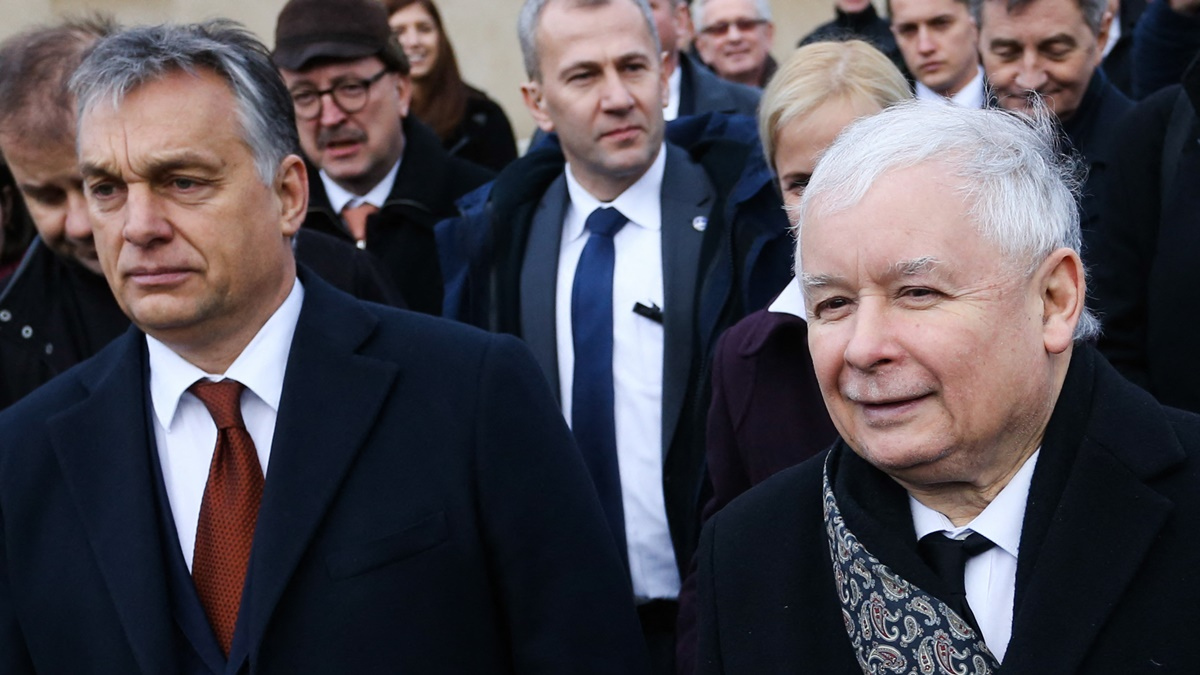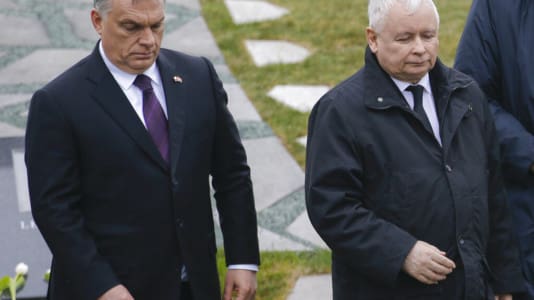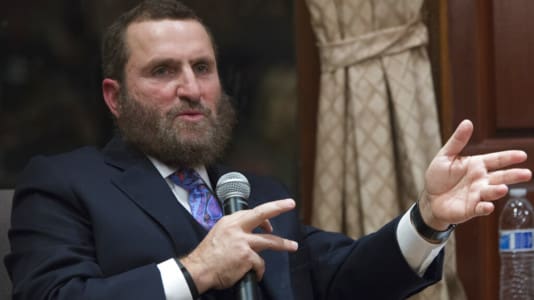Jarosław Kaczyński, leader of the conservative Polish Law and Justice (PiS) party, criticized Hungarian Prime Minister Viktor Orbán over his stance on the Bucha massacre in Ukraine and warned that his attitude could endanger Polish-Hungarian relations.
“My assessment is clearly negative. I have to admit, it’s all very sad,” Kaczyński told Radio Plus about the information that Viktor Orbán had not clearly condemned what happened to the massacre of Russians by many international actors.
“If Orbán says he can’t see what happened in Bucha, he should see an ophthalmologist,” Kaczyński said, adding, “We can’t cooperate as we did in the past if it continues.”
While the Western world has raced to condemn Russia over the Bucha massacre, Orbán said in an international press conference on Wednesday about what happened in Bucha: an independent investigation is needed, because without it, any accusation is just “journalism”. He pointed out that neither Russia nor the United States recognize the jurisdiction of the International Criminal Court in The Hague, according to Hungarian news outlet Mandiner.
Meanwhile, Orbán’s press secretary Bertalan Havasi told Hungarian news agency MTI that the prime minister “naturally condemns the Bucha massacre” and that both the country and Orbán personally support an international investigation to uncover the facts.
“This is the common position of the European Union, and Hungary is part of that position. And of all the atrocities, I think they all need to be investigated. (…) In any case, civilians must be protected at all costs, and ill-treatment of civilians must be condemned in the strongest possible terms, and such cases must be investigated. We want an independent and impartial investigation,” Havasi quoted Orbán as saying.
Questions regarding the Bucha massacre
There are also some questions about the massacre that such an independent investigation may be able to address. The mayor of the town, Anatolii Fedoruk, announced the town was liberated on March 31, and appears to be overjoyed in the video he posted to Facebook. The post’s translation states: “March 31 – the day of the liberation of Bucha. This was announced by Bucha Mayor Anatolii Fedoruk. This day will go down in the glorious history of Bucha and the entire Bucha community as a day of liberation by the Armed Forces of Ukraine from the Russian occupiers.”
Fedoruk made no mention of any massacre at the time, and while it may have very well been the case that the full extent of such a massacre had not been realized, the amount of bodies littering the streets was likely hard to miss.
The New York Times, for instance, declared Bucha liberated four days before news of a massacre arose, and did not initially report a massacre while meeting with Azov Battalion members who were present in Bucha at that point. They note that the Russians left “behind them dead soldiers and burned vehicles, according to witnesses, Ukrainian officials, satellite images and military analysts.”
The Times said reporters wrote that they found six civilians. “It was unclear under what circumstances they had died, but the discarded packaging of a Russian military ration was lying beside one man who had been shot in the head.”
The article indicates that Ukrainian officials pointed to the Russians as to blame, but
“’The bodies of people with tied hands, who were shot dead by soldiers lie in the streets,’ the adviser, Mykhailo Podolyak, said on Twitter. ‘These people were not in the military. They had no weapons. They posed no threat.’ He included an image of a scene, photographed by Agence France-Presse, showing three bodies on the side of a road, one with hands apparently tied behind the back. The New York Times was unable to independently verify Mr. Podolyak’s claim the people had been executed.’”
There is also the question as to whether at least some of the civilians were killed by artillery fire long before the Russians withdrew from the area.
While it is entirely possible that the Russian forces conducted a massacre, Poland and other countries are not waiting for an impartial investigation to reach a conclusion. Hungary, however, has taken another path, recognizing that what happened in Bucha is a tragedy, but one that needs to be investigated first.





